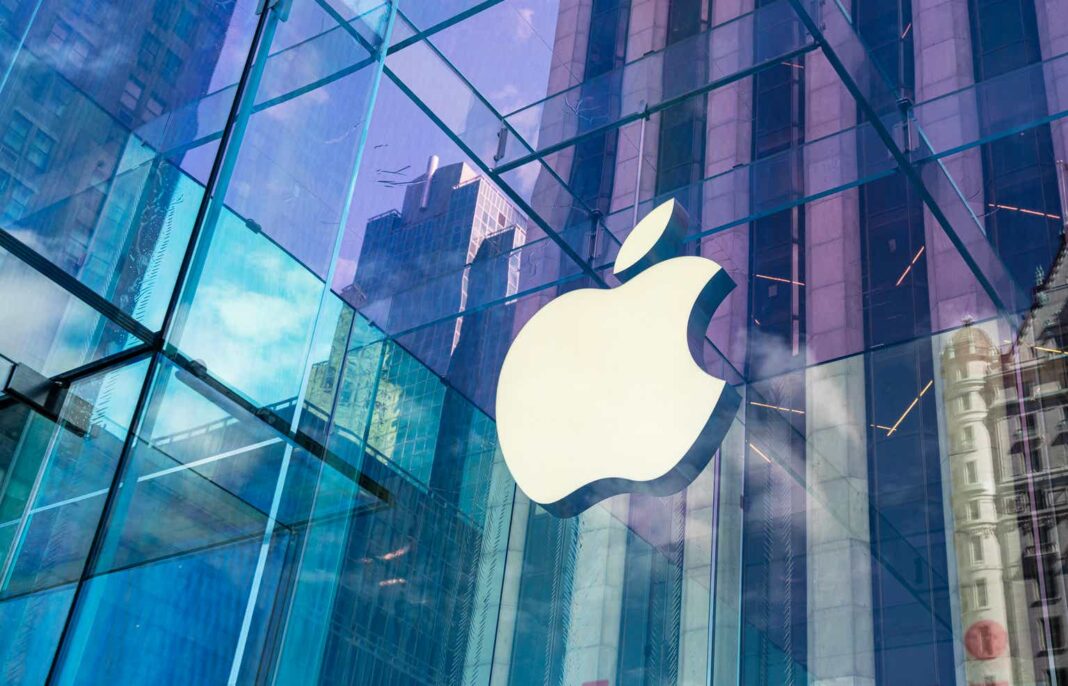What Is Apple Intelligence?
Apple Intelligence refers to Apple’s commitment to integrating artificial intelligence (AI) and machine learning (ML) technology into its products and services. Apple has been investing heavily in AI research and development to enhance user experiences, improve performance, and provide personalized services across its range of devices and software.
Apple’s Approach to AI
Apple’s approach to AI is centered around user privacy and data security. Unlike some other tech companies, Apple emphasizes protecting user data and ensuring that AI algorithms do not compromise user privacy. This approach is evident in features such as on-device processing, differential privacy, and end-to-end encryption.
On-Device Processing
Apple prioritizes on-device processing to limit the amount of data that needs to be sent to the cloud for processing. This not only helps in maintaining user privacy but also ensures faster performance and reliability of AI-driven features. On-device processing also allows Apple to provide features like Siri Suggestions, personalized recommendations, and real-time translations without compromising user data.
Differential Privacy
Differential privacy is a technique used by Apple to collect and analyze data in a way that maintains the privacy of individual users. By adding noise to data points, Apple can gather insights without identifying specific users. This allows Apple to improve its AI models and services while protecting user privacy.
End-to-End Encryption
Apple employs end-to-end encryption to secure user data across its devices and services. This means that data is encrypted at the source (such as a user’s device) and decrypted only at its destination (such as Apple’s servers). This ensures that even Apple cannot access user data, providing a high level of privacy and security.
Applications of Apple Intelligence
Apple Intelligence powers a wide range of features and services across Apple’s ecosystem, including:
- Siri: Apple’s virtual assistant uses AI to understand and respond to user queries, providing personalized assistance and information.
- Face ID: The facial recognition technology used in iPhones and iPads relies on AI algorithms to securely authenticate users.
- Photos: AI-powered features in the Photos app, such as object recognition and automatic tagging, help users organize and search their photo libraries.
- Apple Music: Personalized recommendations and playlists are generated using AI algorithms based on user preferences and listening habits.
Conclusion
Apple Intelligence represents Apple’s commitment to leveraging AI and machine learning in a privacy-centric manner to enhance user experiences and deliver innovative features. By prioritizing user privacy, on-device processing, and data security, Apple is able to provide intelligent services and products while preserving user trust and confidentiality.
FAQs
1. How does Apple use AI in Siri?
Apple uses AI in Siri to understand natural language queries, predict user intentions, and provide personalized responses. Siri’s responses are generated based on a combination of voice recognition, natural language processing, and machine learning algorithms.
2. Is Apple Intelligence secure?
Yes, Apple Intelligence is designed with security and privacy in mind. Apple employs techniques like on-device processing, differential privacy, and end-to-end encryption to protect user data and ensure data security across its AI-powered features and services.
3. Can users opt-out of Apple Intelligence features?
Yes, users have control over their privacy settings and can choose to opt-out of certain AI-powered features in Apple products. Apple provides transparency and control options for users to customize their AI experiences based on their preferences.




